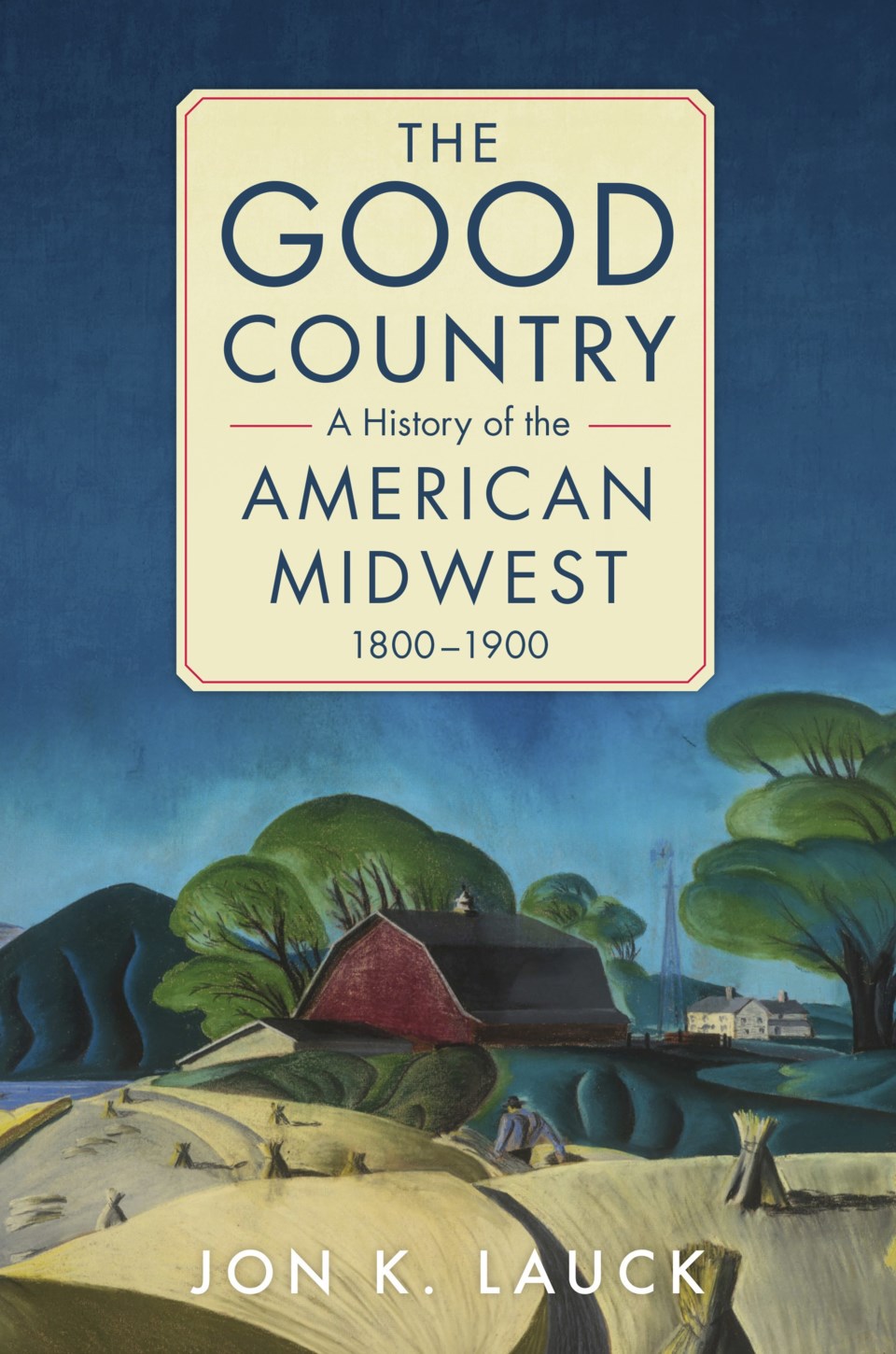“The Good Country: A History of the American Midwest 1800-1900” by Jon K. Lauck (The University of Oklahoma Press)
Dismissed as Flyover Country. Romanticized as the Heartland. Now, historian Jon K. Lauck seeks to redefine the Midwest as “The Good Country” — a place of progress and democratic ideals — in his chronicle of the region's 19th century.
“The Good Country” argues that Midwestern roots are a far cry from the way the region is imagined in popular culture today — that is puritanical, repressive and dull. Instead, Lauck presents a Midwestern century from 1800 to 1900 when it formed a bulwark against slavery, fostered a pluralistic, education-rich society and ascended to lead the country through progressivism rooted in community.
Lauck describes the region as “a land of democratic vigor, cultural strength, racial and gender progress, and civic energy — a Good Country" that is worthy of reviving.
The book is accessible — and brief enough at 204 pages — for casual readers, yet contains evidence of exhaustive research to appeal to academics. It traces the development of the region from the Northwest Ordinance that opened it to American development to the Civil War era when it birthed leaders like Abraham Lincoln and Ulysses S. Grant. It then closed out the century by leading the nation in women's suffrage and anti-monopoly reforms.
Though Lauck clearly champions the region, he acknowledges its “many racial failings.” American settlement meant suffering for Native American tribes. A race riot shook Detroit in 1833 and led to racist laws that were common in the region. State laws allowed loopholes in forced servitude and initially failed to grant suffrage to Black people.
Lauck developed the book out of his own search for a comprehensive history of the region to teach in his classes at the University of South Dakota. He discovered that while scholarship dedicated to the American South and West was flourishing, historical study of the Midwest had long been neglected. As editor of the journal Middle West Review, Lauck presents the "Good Country” as a potential catalyst for developing a historical canon of the region.
The book's ambition, however, is not limited to historical analysis. It hints at a present longing for a resurrection of Midwestern democratic vitality. Lauck laments the “callow tweets, sensationalism, celebrity worship, extreme loneliness, and mass and manufactured and purposeful distraction” of today and suggests “the old Midwest could be a reservoir of idealism and hope if we knew its history.”
Stephen Groves, The Associated Press




